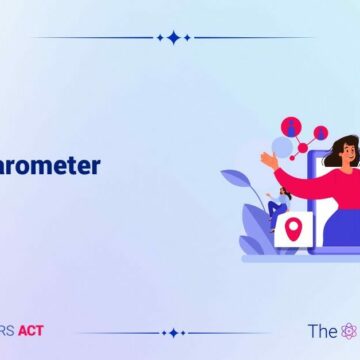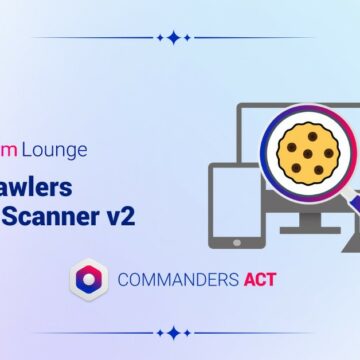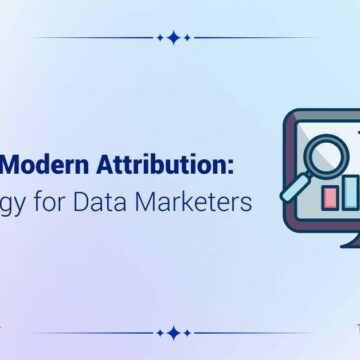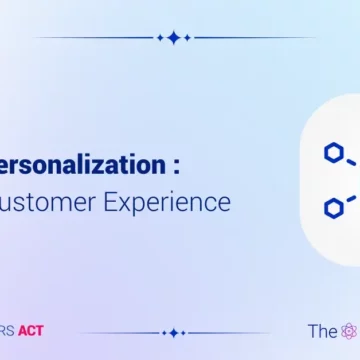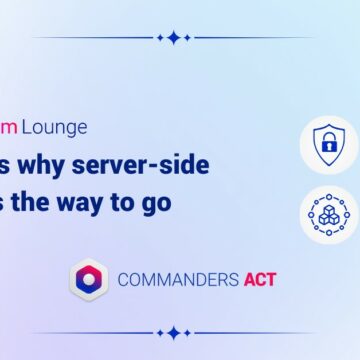What happens after a Google search ?
27/08/2024 |
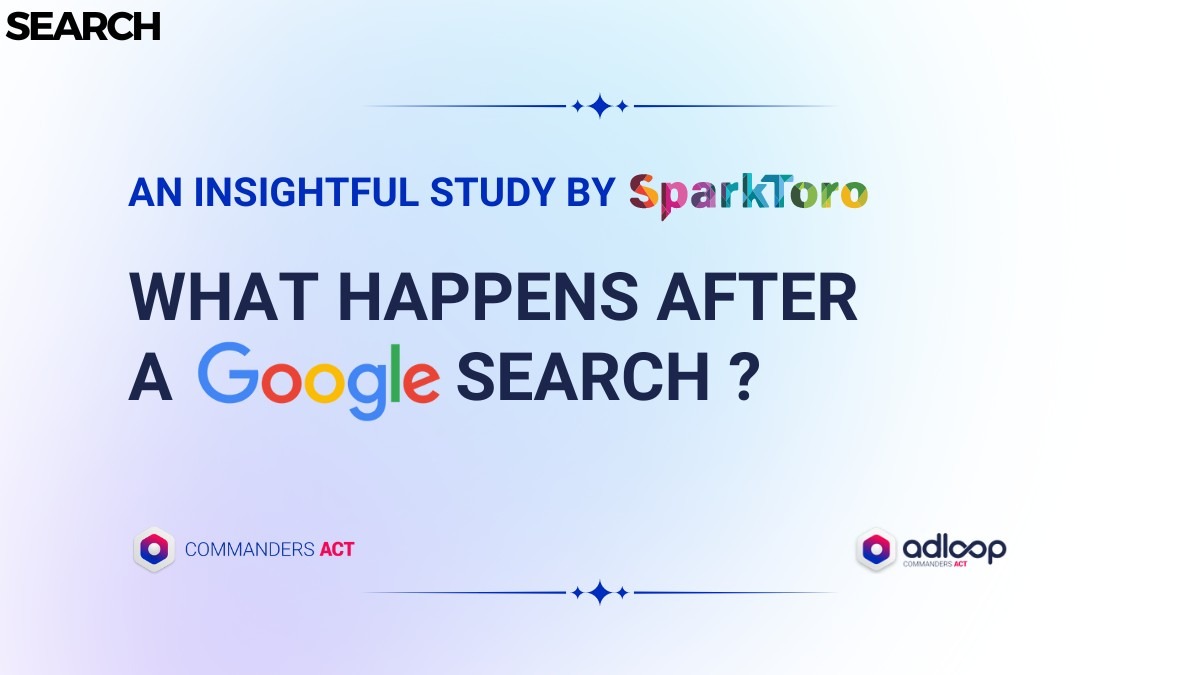
An intriguing study published by Rand Fishkin of the research firm Sparktoro sheds light on user behavior after conducting a Google search. In the context of regulatory efforts aimed at weakening big tech monopolies, particularly through the promotion of their own services, what impact does this have on European or American consumers?
Why read this study by Sparktoro ?
With a market share exceeding 90% of searches, Google remains a central focus for the traffic management community. Given the massive investments in SEA and SEO, understanding how internet users interact with Google is essential for the daily routine of a digital marketer.
Our goal is not to paraphrase the article, which we encourage you to read on the Sparktoro website, but to highlight certain statistics that we find particularly interesting.
What is the Consumer’s Post-Search Behavior ?
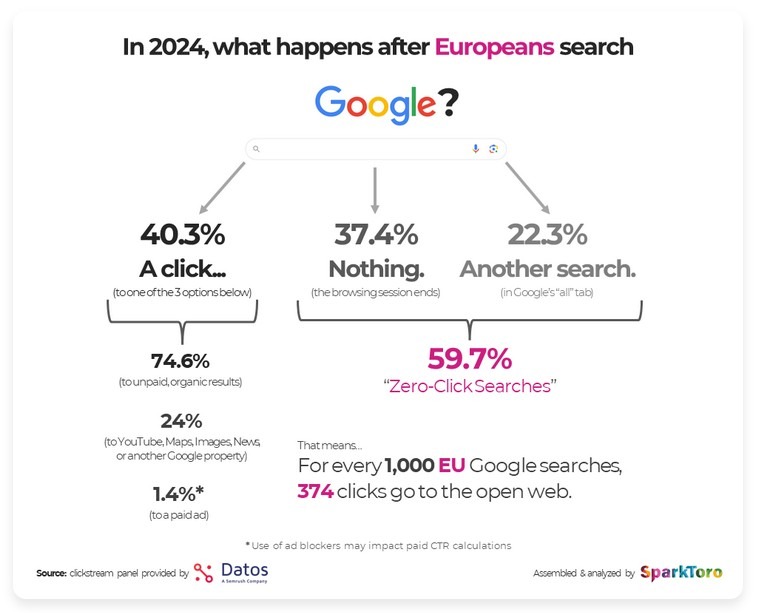
Overall, out of 100 Google searches:
- For 60 searches, there is no click: either nothing happens, or it leads to another search ;
- For the remaining 40 ;
- 30 go to an organic search result (the Open Web)
- 9 go to a Google service ;
- Less than 1 click on a paid ad.
Key takeaways:
- User retention is massive: 46% remain within a Google service, either search or another service like Maps, YouTube, News, etc…
- 37% do not take any further action, which doesn’t mean they do nothing: is this a sign that Google’s “portal” strategy (i.e., providing information directly in the search engine via content integration like Wikipedia or store addresses) is working ?
- A 74 to 1 ratio in favor of organic results speaks volumes about the importance of a strong SEO strategy.
Differences Between Mobile/Desktop or US/EU?
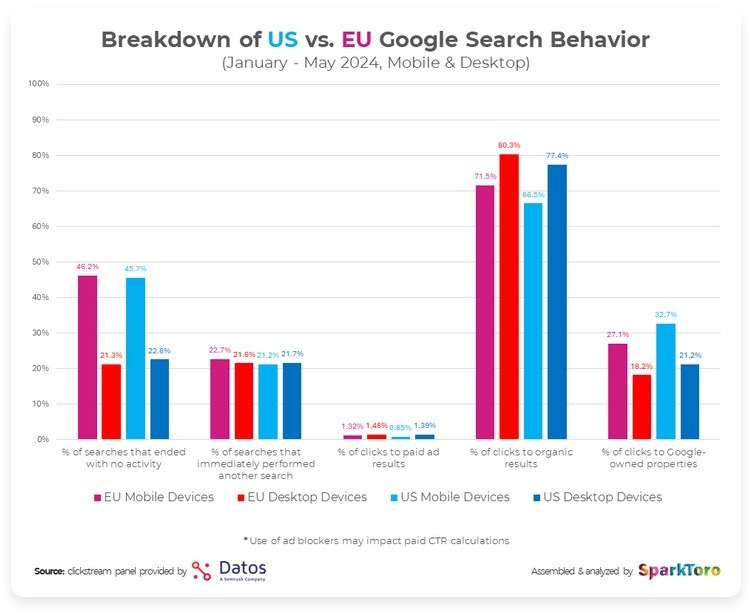
Key takeaways:
- Google services are slightly more favored on mobile (+10%) at the expense of organic results.
- Direct access to information is twice as important on mobile than on desktop, highlighting the mobile’s role as a personal assistant.
Other Interesting Insights from the Study
We refer you to the article for two points that are thoroughly detailed by Rand Fishkin and seem interesting:
- The 1% click-through rate on paid ads is surprising (remember, the reference is typically a CTR of 4-5%).
- Is Google losing the search battle to social networks or even generative AI, as some predict?
One last point that will be of particular interest in the future regarding EU user behavior: the effect of the Digital Markets Act (DMA) regulations on the use of other Google services from the search engine (we’re talking about YouTube, Maps, etc.). One of the legislator’s goals was to increase competition among services, so Google’s market share should decrease as a result.
Happy reading!
And kudos to Rand Fishkin for this monumental research effort and his insights.
